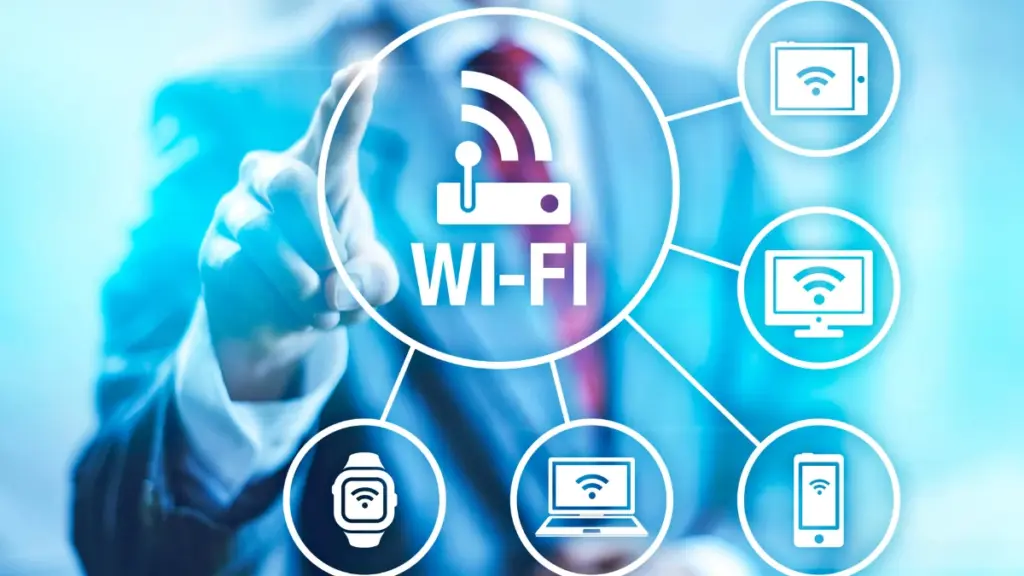After finishing work at night, many people use their time to watch their favorite series or play online games, but instead experience slow internet at night. Suddenly, videos take a long time to load. Ever experienced this? Don’t worry, you’re not alone.
Many people experience slow internet at night. But why does this happen? What can be done to overcome this? Let’s discuss it together.
Causes of Slow Internet at Night

If you want to understand more about what’s really happening behind the scenes, read the article on Data Transmission. The article explains how data moves through the network and why certain times of the day can affect internet performance.
Slow internet at night is usually caused by network congestion. Here are some details about the causes:
1. Network congestion
This is a common cause of slow internet at night. Typically, between 7 p.m. and 11 p.m., more people use the internet for activities such as watching streaming videos, playing games, or using social media.
This heavy internet traffic is what slows down your connection. The more users there are, the slower your internet speed will be, because you are sharing bandwidth with everyone on the network or even in the surrounding area.
2. Too many devices are connected
At night, all family members are at home, which means all family devices are gathered together. This can affect the internet speed. Every device connected to the network, including inactive ones, can use some of the bandwidth.
The more devices there are in the house, the higher the load on the network. This reduces the speed available for each device.
3. WiFi interference

Another cause of slow internet at night is WiFi interference. Devices in your home, such as cell phones, laptops, smart TVs, and game consoles, running simultaneously, can slow down your WiFi network.
4. Speed restrictions by ISPs
Some internet service providers automatically impose speed restrictions, especially during peak hours. This is done to reduce network load and ensure better performance for all users, such as when your data usage exceeds a certain limit.
5. Heavy streaming and downloads
Not only because many people are using it, but nighttime is usually used for heavy streaming and downloading activities, such as watching Netflix, YouTube, and Disney+.
This surge in demand automatically increases the load on servers and networks. Therefore, it affects your internet speed, which becomes weak.
Simple Solutions to Improve Your Internet Speed at Night

Every problem has a solution. Unfortunately, there is nothing you can do about slow internet at night. However, there are several practical steps you can take to make it smoother. Here are some simple solutions:
- Turn off unused devices: Disconnect devices that are not in use because too many connected devices can overload the network.
- Disable automatic updates: To reduce bandwidth load, you can turn off automatic updates during peak hours on applications and operating systems (such as Windows updates).
- Set a usage schedule: You can set a schedule to do heavy activities such as 4K streaming or gaming, outside of peak hours.
- Prioritize devices: Set priorities for certain devices (such as laptops or game consoles) to get more bandwidth during high internet traffic.
- Use a wired connection: For streaming or gaming, you can use an Ethernet cable to get faster and more stable internet, especially during high data traffic.
- Limit background applications: Close unused applications and turn off unnecessary cloud backups.
Slow internet at night is not a big deal; it is very common when many devices are connected, affecting the network speed. However, you can try some simple solutions to improve your internet speed at night.
By using your devices wisely, such as turning off unused devices, setting a schedule for usage, and limiting background applications, you can solve your internet usage problems at night.


